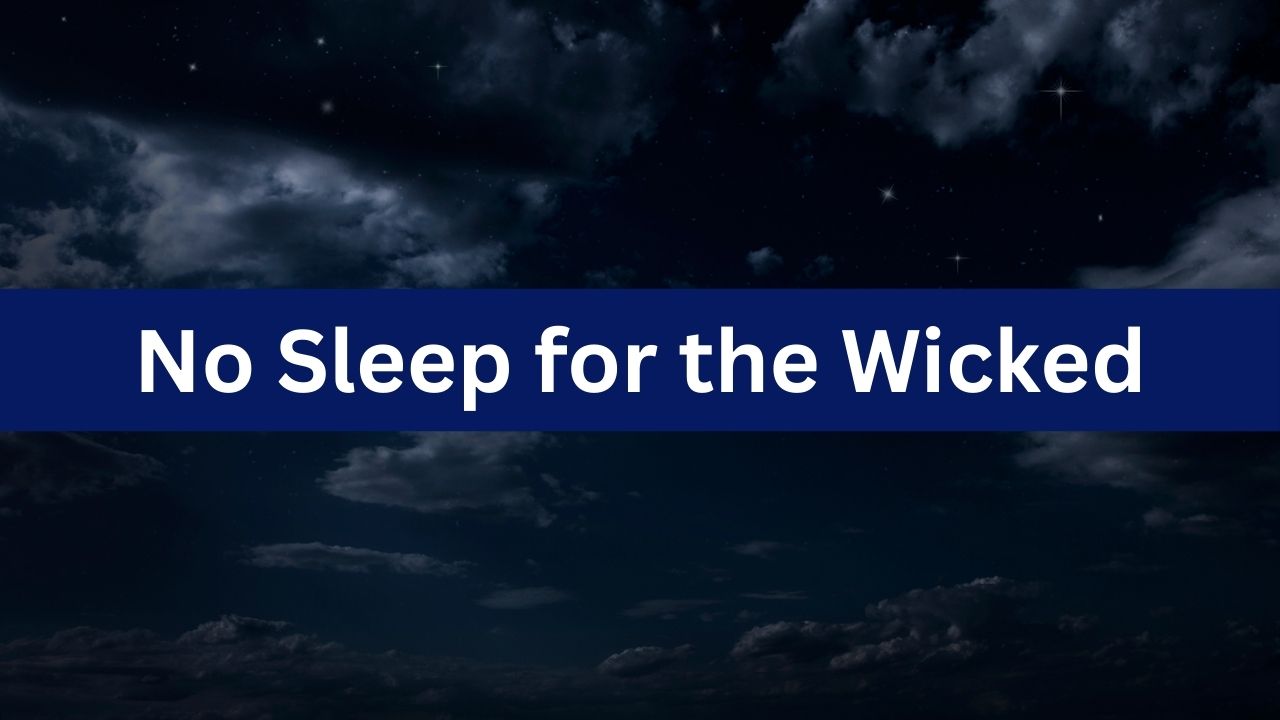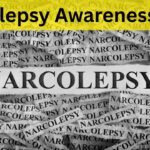You’ve probably heard someone say “no sleep for the wicked” when they’re burning the midnight oil or stuck in a never-ending to-do list. But this popular phrase has deeper roots and a meaning that goes far beyond today’s hustle culture. Though it may sound like a dramatic song lyric or edgy motto, its origins are actually quite old—and surprisingly biblical.
In this article, we’ll explore where the phrase “no sleep for the wicked” comes from, what it really meant originally, and how its meaning has shifted over time to reflect modern life. Whether you’re curious about language, culture, or just trying to understand a saying you hear all the time, this guide will break it all down.
Origins of the Phrase ‘No Sleep for the Wicked’
Common Misconceptions from Pop Culture
Today, many people hear “no sleep for the wicked” in movies, music, or on social media, where it usually refers to someone working non-stop or living a wild lifestyle. It’s been used in everything from Ozzy Osbourne’s metal anthems to late-night memes. In pop culture, it often carries a rebellious, edgy tone—as if the speaker is too busy or important to rest.
However, this modern interpretation is a far cry from the phrase’s original meaning. Despite its catchy sound, the phrase wasn’t meant to glorify sleepless ambition or endless work.
Biblical References Behind the Expression
The phrase “no sleep for the wicked” has its roots in the Bible, particularly in the Old Testament, where it was used in a much more serious and moral context.
- Isaiah 48:22 – “There is no peace,” says the Lord, “for the wicked.”
- Isaiah 57:20 – “But the wicked are like the tossing sea, which cannot rest, whose waves cast up mire and mud.”
These passages describe the inner turmoil and unrest of those who act unjustly. In this sense, the “wicked” do not sleep not because they are busy or productive, but because they are morally troubled and spiritually unsettled. The idea is that a guilty conscience robs one of rest—both physical and emotional.

The True Meaning of the Phrase
Biblical Interpretation – No Peace for Evildoers
Originally, the phrase “no sleep for the wicked” wasn’t meant to describe a busy lifestyle. In its biblical context, it refers to the inner torment and lack of peace experienced by those who act immorally. The “wicked” were not losing sleep because they had too much to do—they were suffering the consequences of their own wrongdoings. The message is one of divine justice: those who do evil will find no rest, peace, or spiritual comfort.
Modern Usage – A Life of Constant Work or Stress
In today’s language, however, the phrase has taken on a much different tone. People often use it humorously or sarcastically to describe being overworked, staying up late, or simply having too many responsibilities. It’s become a sort of badge of honor in fast-paced, hustle-driven cultures. For example, someone might say it after working a long shift or pulling an all-nighter: “Well, no sleep for the wicked!”
Shift from Spiritual to Secular Contexts
This shift from moral judgment to modern busyness reflects broader changes in language and culture. What began as a serious warning about the consequences of sin has evolved into a casual expression for being perpetually occupied. While the original meaning emphasized guilt and restlessness of the soul, today it often just means “I’m tired, but I have things to do.”
Understanding both meanings helps reveal how phrases can evolve dramatically over time—from sacred scripture to everyday slang.
Final Thoughts – A Phrase That Evolved Over Time
Why It Still Resonates in Modern Society
“No sleep for the wicked” remains a relevant and widely used phrase because it taps into two timeless ideas: inner restlessness and relentless ambition. Whether interpreted as spiritual unrest or the result of modern-day hustle culture, the phrase continues to strike a chord with people across generations. Its haunting tone and catchy rhythm give it lasting appeal in both serious and humorous contexts.
Connection Between Sleep, Peace, and Productivity
At its core, the phrase highlights a powerful connection between sleep, peace of mind, and one’s ability to function. In the biblical sense, a guilty conscience brings spiritual unrest that disrupts sleep. In today’s world, it reflects how stress, overwork, and mental overload can rob us of rest. Sleep isn’t just about physical recovery—it’s tied to emotional and spiritual well-being.
Whether you’re reflecting on life choices or simply burning the candle at both ends, the phrase reminds us that without peace, restful sleep is hard to come by.






